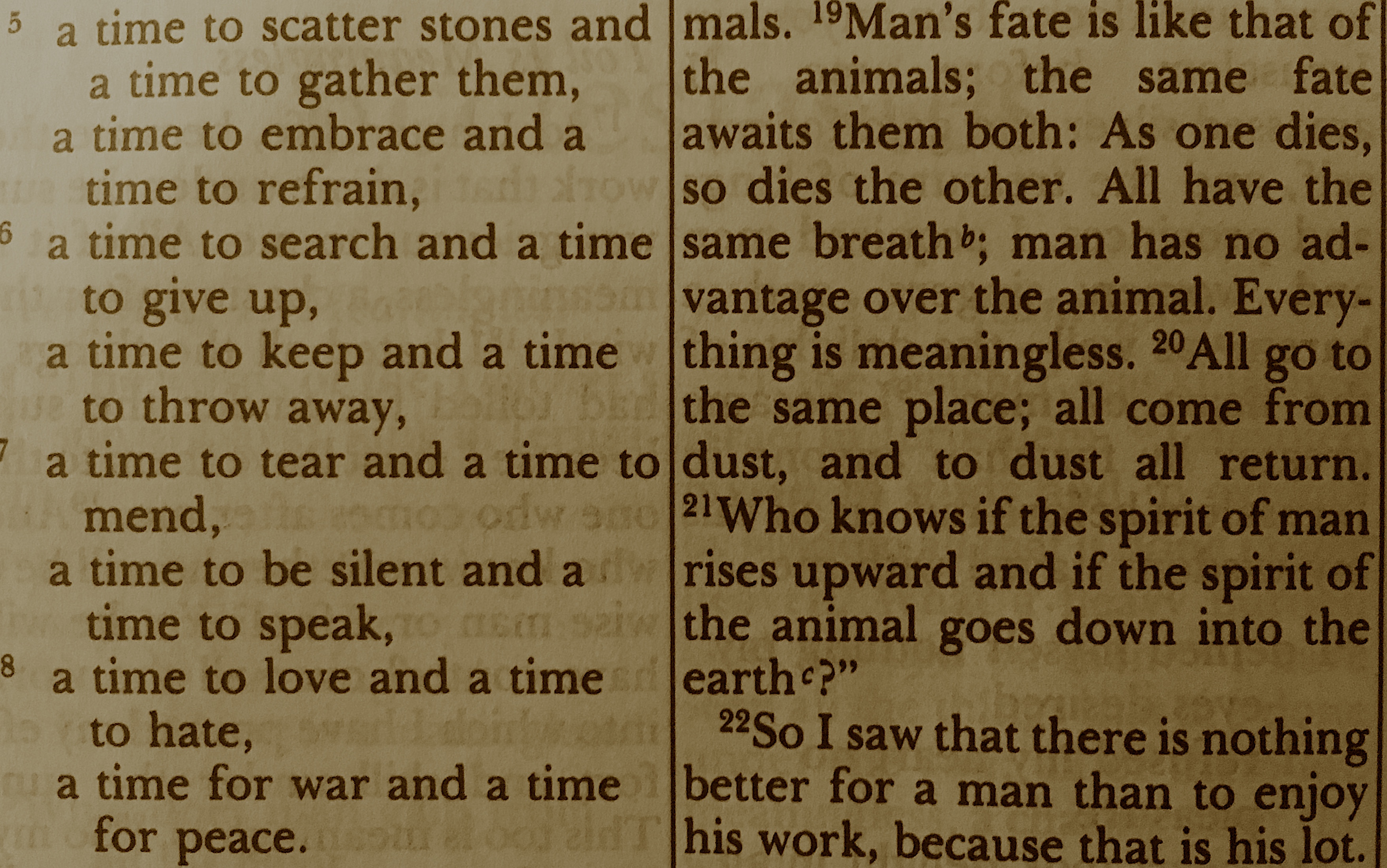For any writer, the ability to look at a sentence and see what’s superfluous, what can be altered, revised, expanded, and especially, cut, is essential. It’s satisfying to see that sentence shrink, snap into place, and ultimately emerge in a more polished form: clear, economical, sharp.
–Francine Prose, Reading Like a Writer (2006)
This sentence has five words. Here are five more words. Five-word sentences are fine. But several together become monotonous. Listen to what is happening. The writing is getting boring. The sound of it drones. It’s like a stuck record. The ear demands some variety. Now listen. I vary the sentence length, and I create music. Music. The writing sings. It has a pleasant rhythm, a lilt, a harmony. I use short sentences. And I use sentences of medium length. And sometimes, when I am certain the reader is rested, I will engage him with a sentence of considerable length, a sentence that burns with energy and builds with all the impetus of a crescendo, the roll of drums, the crash of cymbals — sounds that say listen to this, it is important.
–Gary Provost in Roy Peter Clark’s Writing Tools (2006)
Always ask the student writer, “What do you want to say?” Every sentence that answers that question is part of the essay or story. Every sentence that does not needs to go. I don’t think it’s the words per se; it’s the sentences. I used to give them a choice, sometimes: either write 400 words on “My Mother is Horrible” or “My Mother is Wonderful.” Make every sentence about your choice. That means leaving your dad and your snotty little brother out of it.
–Stephen King, “How Stephen King Teaches Writing,” The Atlantic (2014)
The hardest thing in the world is simplicity. And the most fearful thing, too. It becomes more difficult because you have to strip yourself of all your disguises, some of which you didn’t know you had. You want to write a sentence as clean as a bone. That is the goal.
–James Baldwin, Paris Review interview (1984)
For any sentence, the period acts as a stop sign. That slight pause in reading magnifies the final word, an effect intensified at the end of a paragraph, where final words often adjoin white space. In a column of type, a reader’s eyes are likewise drawn to the words next to the white space. Those words shout, “Look at me!”
–Roy Peter Clark, Writing Tools (2006)

